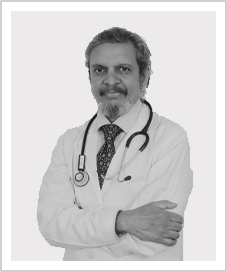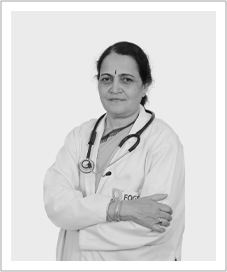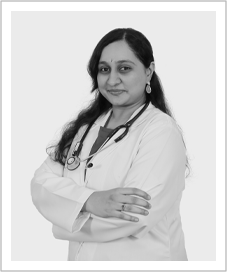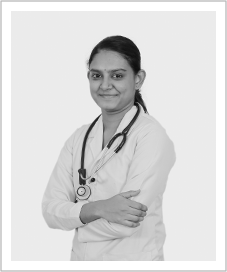Best Diet Tips for Piles Patients
Eating a lot of processed and junk food can make the stool harder, making it more difficult and painful to pass when you have piles.
Dr. Rajasekhar & his team of expert physicians have 38 years of experience in treating Piles/Hemorrhoids.
Contact Chirag Global Hospitals for the Best Doctor for Piles or Hemorrhoids in Bangalore, India.
Best Diet Tips to Help Prevent and Treat Piles
Piles, also known as hemorrhoids, can be very uncomfortable and painful. Fortunately, you can make many dietary changes to improve your symptoms. Here are some of the best diet tips to help prevent and treat piles:
1. Increase your fiber intake.
Eating more fiber-rich foods can help to soften the stool and reduce strain on the anal area when passing it. Good sources of fiber include fruits, vegetables, beans, nuts, and whole grains.
2. Increase your water intake.
Drinking enough water helps ensure the stool is soft so you can pass it without straining. Aim to drink at least 8 glasses of water per day. Water can also help to flush out toxins and prevent dehydration.
3. Avoid processed foods.
Eating a lot of processed and junk food can make the stool harder, making it more difficult and painful to pass when you have piles. Try limiting your intake of these foods or avoiding them altogether.
4. Consume probiotics
Probiotic foods and supplements can help to improve the balance of good and bad bacteria in your gut, improving digestion and reducing problems such as constipation or diarrhea that can lead to piles.
5. Eat more fruits and vegetables
Eating a diet high in fruits and vegetables can provide essential vitamins and minerals to help improve digestion and reduce the risk of developing piles. They are also low in calories and can help you to maintain a healthy weight, which is important for preventing piles.
6. Avoid spicy foods
Spicy and acidic foods can irritate the anal area and cause further pain and discomfort in those with piles. Try to limit your intake of these foods or avoid them altogether.
7. Eat anti-inflammatory foods
Eating anti-inflammatory foods such as omega-3 fatty acids, olive oil, nuts, and avocados can help to reduce inflammation in the anal area and promote healing. It can also help to reduce the pain and discomfort associated with piles.
By following these simple diet tips, you can help to manage your symptoms of piles and even prevent them from occurring in the first place. However, it’s still important to consult your doctor if you are experiencing any chronic or severe symptoms, as they may require additional treatment.
Chirag Global Hospitals offers the most advanced treatments for piles and other digestive conditions and guidance on the best diet to follow to manage your condition. Contact us today to find out more.
Our Team

MBBS, MS,
Founder & Chief Proctologist

MBBS, MS, FSGE
Surgical Gastroenterology
& Colorectal Surgeon

MBBS, MS
Senior Gynaecologist

BAMS, MD
Proctologist

BAMS,MS
Proctologist

MBBS, MS (Gen Surgery) DNB (Gen Surgery), FMAS General & Laparoscopic Surgeon

BAMS MD Sangnyaharana
(Anaesthesiology)

MBBS, DNB Anaesthesiology
